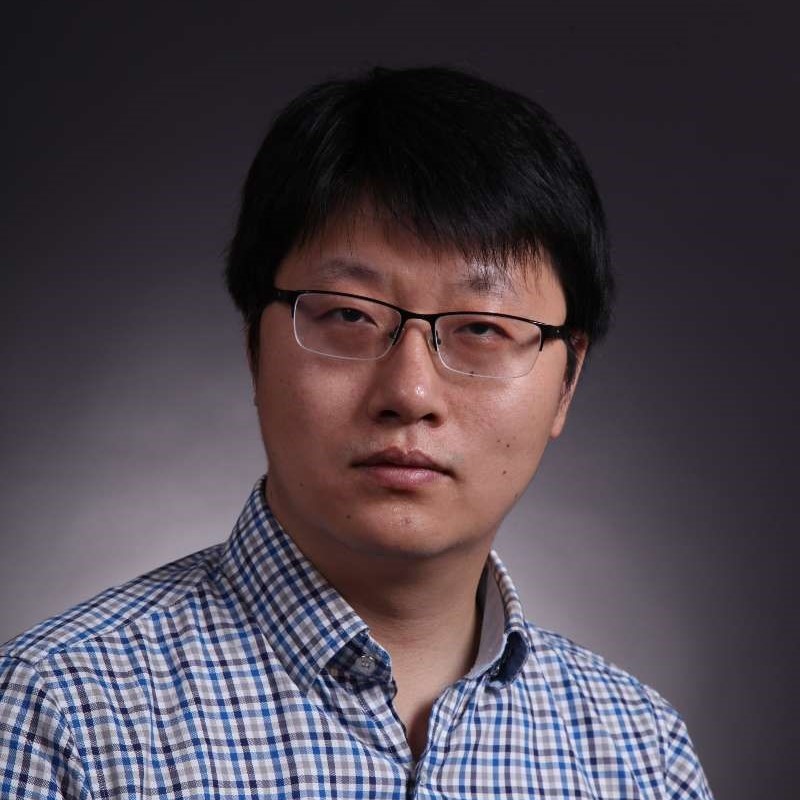 Dong Min Dong Min
Deputy Director, Smart Health Department of Cloud Computing & Big Data Research Institute, (CAICT)
Dong Min, Senior Engineer, is the deputy director of the Smart Health Department of Cloud Computing & Big Data Research Institute in China Academy of Information and Communications Technology(CAICT). He is also the deputy secretary-general of the Internet Medical Health Industry Alliance. He joined the Health Promotion and Education Committee of the National Health Commission of China, and is the executive director of Telemedicine Professional Committee of Chinese Health Information Association. He leads the TC11 business platform and application group in China Communications Standards Association. He got his engineering master degree at Beijing University of Posts and Telecommunications. He has a long research experience in internet medical health, mobile internet, intelligent terminal and artificial intelligence, hosting and participating in many national science and technology major projects. He is also responsible for more than ten national or industry standards, over 30 papers in domestic and foreign journals and four patents. |